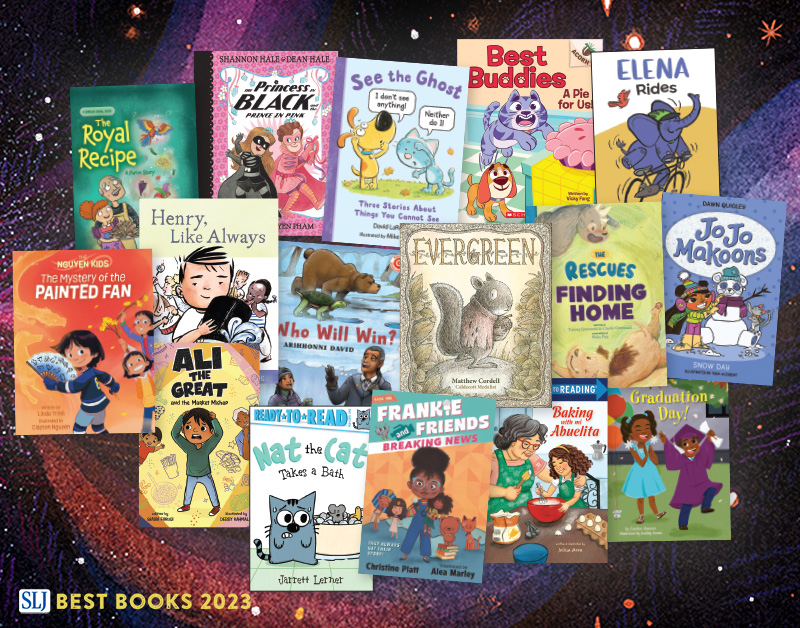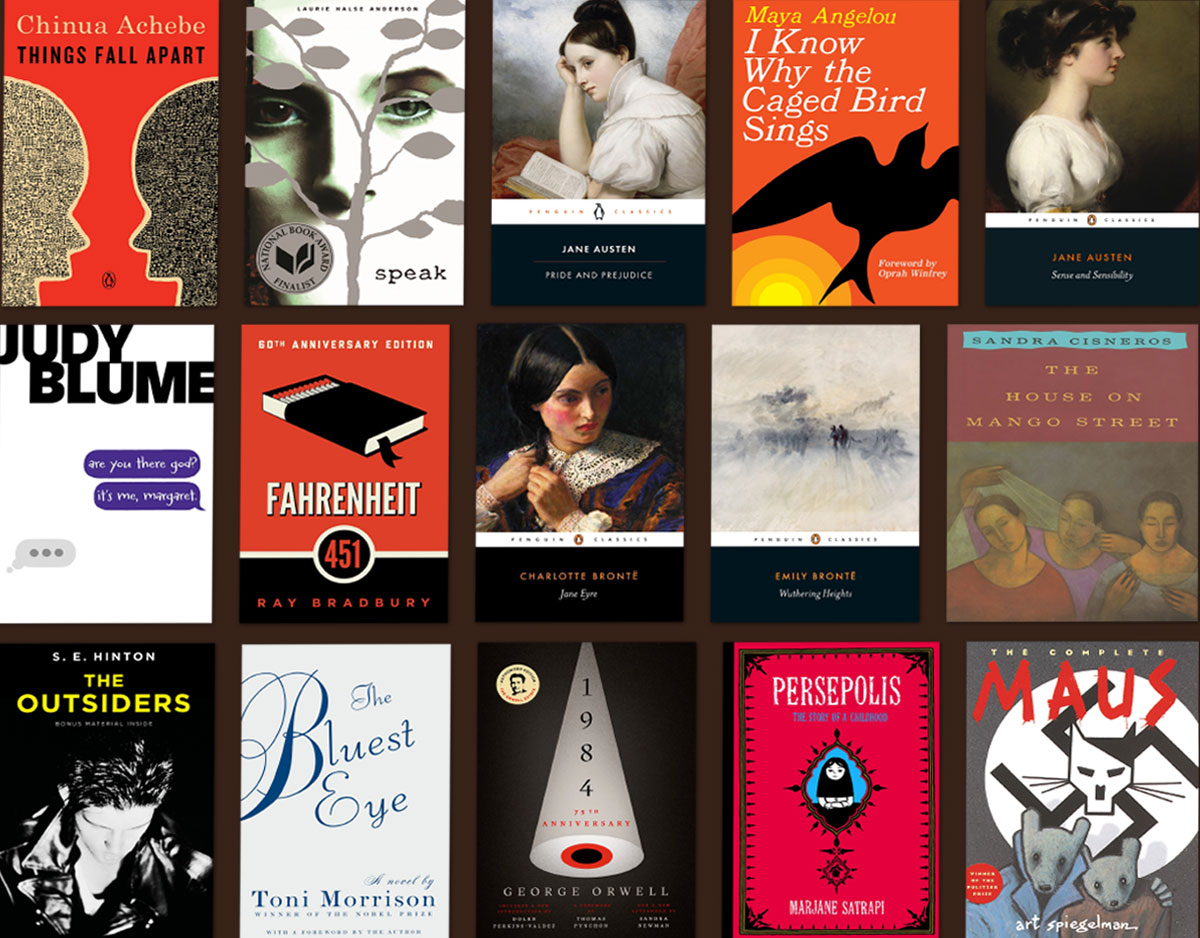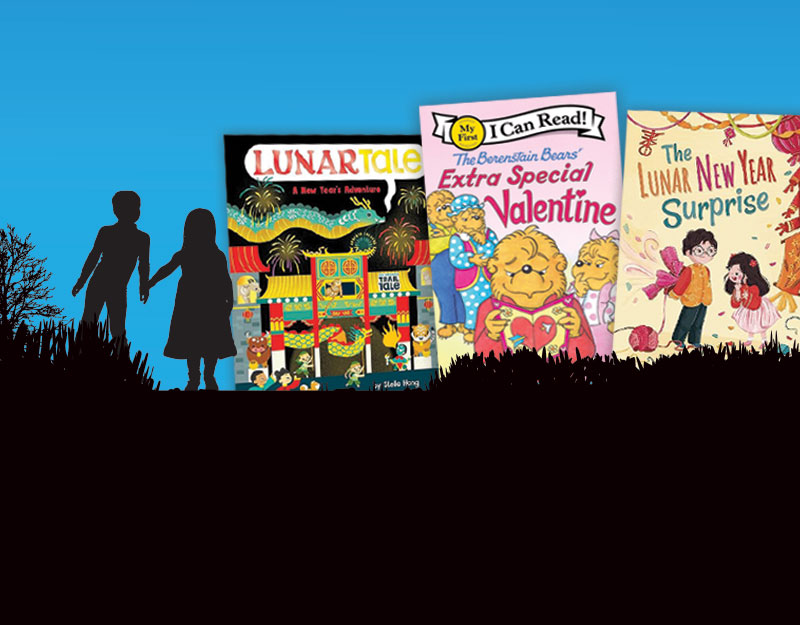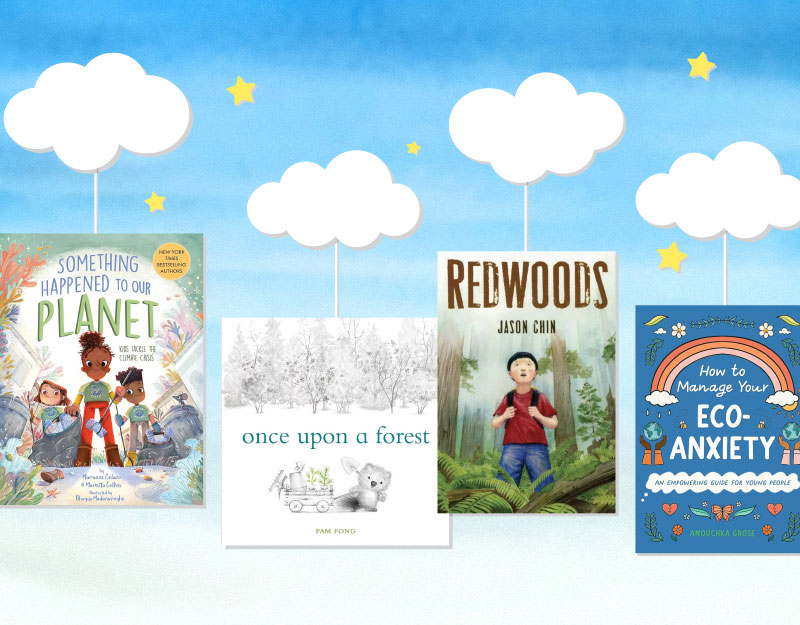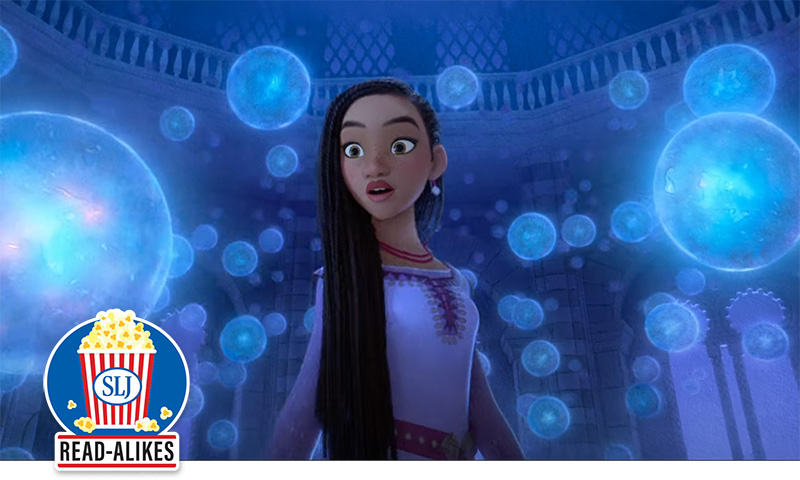Contemporary Issues and a New Role for Early Chapter Books
I’ve heard them called any number of things. Junior chapter books. Young readers. Early chapter books. Just plain old “chapter books”. They’re the transitional readers you hand a child when they’ve graduated from easy books but aren’t ready yet for, say, Harry Potter. And like any book, they have a wide range of reading levels. Generally speaking, they’re primarily associated with series. Your A to Z Mysteries, say. Or Magic Treehouse. Or Dyamonde Daniel. What one doesn’t immediately think of, when discussing them, is of contemporary issues in the news. This year, however, I’m sensing a definitive shift.
 This past weekend I was delighted to take part in School Library Journal’s 2018 Leadership Summit. Conducted on an annual basis, the summit brings to librarian and teacher attendees a wide range of topics and speakers. This year’s theme was Making “Good Trouble” and the speakers came from a variety of different backgrounds. Initially, I had been asked to interview Dave Eggers at the beginning of the Summit’s second day. Unfortunately, Mr. Eggers had an unavoidable conflict that he couldn’t get out of. His replacement, however, was none other than Adam Gidwitz, of A Tale Dark and Grimm and Inquisitor’s Tale fame, amongst many other things. SLJ reported on our talk in the piece Adam Gidwitz and Betsy Bird Talk #OwnVoices, and you can hear Adam talking about many of the issues we discussed in our own talk in this video taken of him at BookFest at Bank Street College of Education a couple of weeks ago. He can be found here at around 5:40:00.
This past weekend I was delighted to take part in School Library Journal’s 2018 Leadership Summit. Conducted on an annual basis, the summit brings to librarian and teacher attendees a wide range of topics and speakers. This year’s theme was Making “Good Trouble” and the speakers came from a variety of different backgrounds. Initially, I had been asked to interview Dave Eggers at the beginning of the Summit’s second day. Unfortunately, Mr. Eggers had an unavoidable conflict that he couldn’t get out of. His replacement, however, was none other than Adam Gidwitz, of A Tale Dark and Grimm and Inquisitor’s Tale fame, amongst many other things. SLJ reported on our talk in the piece Adam Gidwitz and Betsy Bird Talk #OwnVoices, and you can hear Adam talking about many of the issues we discussed in our own talk in this video taken of him at BookFest at Bank Street College of Education a couple of weeks ago. He can be found here at around 5:40:00.
 There’s a lot to discuss in what Adam’s said in both his talk with me and at BookFest, but what I’ve found particularly interesting is how he has recently embraced the early chapter book genre. But even more than that, he’s imbued it with a sense of social responsibility. As a general rule, early chapter books play it safe when it comes to politics. They might save a rainforest animal or tell you that littering is bad, but that’s about as far as they usually get. In Adam’s new Unicorn Rescue Society, the first two books are fairly standard fare. It’s when you get to the third that things start to get interesting. The next five in the series, starting with #3, are to be co-authored with authors that have backgrounds connected to the storyline in some way. On the plane ride in I read the third book Sasquatch and Muckleshoot, which was co-written with Joseph Bruchac. In the Acknowledgments and author’s note from Joseph himself, the research conducted for the book is detailed. In the story, a corporation attempts to use loopholes to cut down a forest, effectively breaking the deal they conducted with the local tribal residents. In Adam’s next book (which debuted its cover at Latinxs in Kid Lit this week) called The Chupacabras of the Río Grande and co-written with David Bowles, author of the Pura Belpré Honor-winning book,The Smoking Mirror, the story concerns a young chupacabra that’s been separated from its family by the border wall.
There’s a lot to discuss in what Adam’s said in both his talk with me and at BookFest, but what I’ve found particularly interesting is how he has recently embraced the early chapter book genre. But even more than that, he’s imbued it with a sense of social responsibility. As a general rule, early chapter books play it safe when it comes to politics. They might save a rainforest animal or tell you that littering is bad, but that’s about as far as they usually get. In Adam’s new Unicorn Rescue Society, the first two books are fairly standard fare. It’s when you get to the third that things start to get interesting. The next five in the series, starting with #3, are to be co-authored with authors that have backgrounds connected to the storyline in some way. On the plane ride in I read the third book Sasquatch and Muckleshoot, which was co-written with Joseph Bruchac. In the Acknowledgments and author’s note from Joseph himself, the research conducted for the book is detailed. In the story, a corporation attempts to use loopholes to cut down a forest, effectively breaking the deal they conducted with the local tribal residents. In Adam’s next book (which debuted its cover at Latinxs in Kid Lit this week) called The Chupacabras of the Río Grande and co-written with David Bowles, author of the Pura Belpré Honor-winning book,The Smoking Mirror, the story concerns a young chupacabra that’s been separated from its family by the border wall.
 The amount of care and attention poured into what would normally just be considered another silly magical animal rescue series was very intriguing to me. Then, not a day later, I got a copy of the latest Bad Kitty book by Nick Bruel in the mail. Bad Kitty: Kitten Trouble looks, from the cover, like pretty standard fare. What makes it interesting is that the kittens in the book are refugees. Displaced by a conflict in their neighborhood, both Kitty and Uncle Murray respond to the presence of the kittens with selfishness and a very America First attitude. Bruel isn’t being subtle with this book, but at the same time he’s doing a good job of working the message of welcoming immigrants into the framework of Kitty’s universe. It’s not the first time he’s done something of this sort. Technically he took on the standardized testing industry in Bad Kitty Takes the Test. But with this book I feel he’s taken a much bigger step towards making a significant statement.
The amount of care and attention poured into what would normally just be considered another silly magical animal rescue series was very intriguing to me. Then, not a day later, I got a copy of the latest Bad Kitty book by Nick Bruel in the mail. Bad Kitty: Kitten Trouble looks, from the cover, like pretty standard fare. What makes it interesting is that the kittens in the book are refugees. Displaced by a conflict in their neighborhood, both Kitty and Uncle Murray respond to the presence of the kittens with selfishness and a very America First attitude. Bruel isn’t being subtle with this book, but at the same time he’s doing a good job of working the message of welcoming immigrants into the framework of Kitty’s universe. It’s not the first time he’s done something of this sort. Technically he took on the standardized testing industry in Bad Kitty Takes the Test. But with this book I feel he’s taken a much bigger step towards making a significant statement.

I think about other series titles out there. Generally speaking, you’re not going to find a Magic Treehouse discussing Syrian refugees. It’s unlikely (though not impossible) that Dogman would think about tackling nationalism. But with Gidwitz and Bruel we’re seeing a distinct shift in what a series is capable of. No doubt they’ll meet with detractors, but I’d be interested in seeing if more people follow their lead. Who says older chapter books and YA should be the only ones to tackle hard hitting issues? New issues in new series for new kids. It’s a new world, my friends.
Filed under: Uncategorized
About Betsy Bird
Betsy Bird is currently the Collection Development Manager of the Evanston Public Library system and a former Materials Specialist for New York Public Library. She has served on Newbery, written for Horn Book, and has done other lovely little things that she'd love to tell you about but that she's sure you'd find more interesting to hear of in person. Her opinions are her own and do not reflect those of EPL, SLJ, or any of the other acronyms you might be able to name. Follow her on Twitter: @fuseeight.
ADVERTISEMENT
ADVERTISEMENT
SLJ Blog Network
2024 Books from Pura Belpré Winners
Winnie-The-Pooh | Review
Parsing Religion in Public Schools
Finding My Own Team Canteen, a cover reveal and guest post by Amalie Jahn
ADVERTISEMENT


